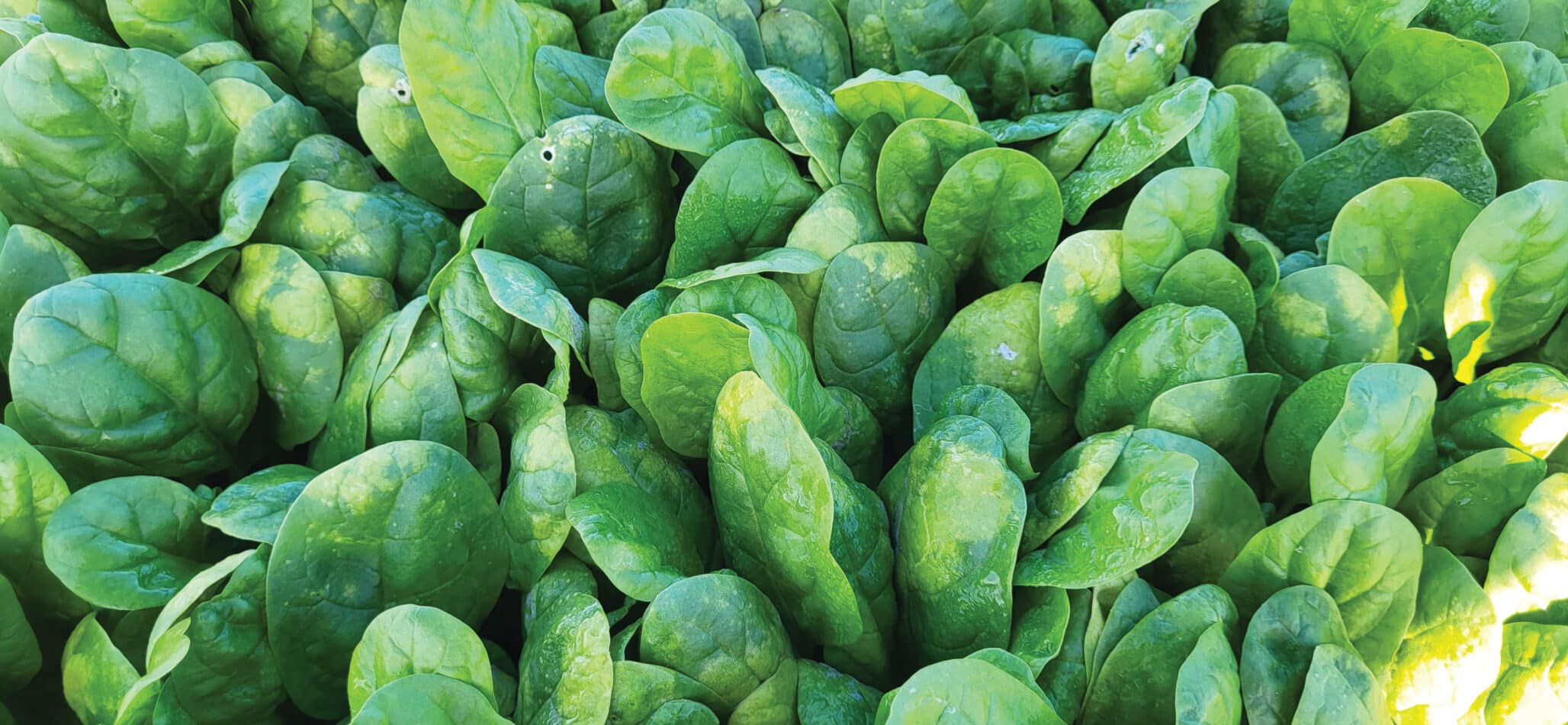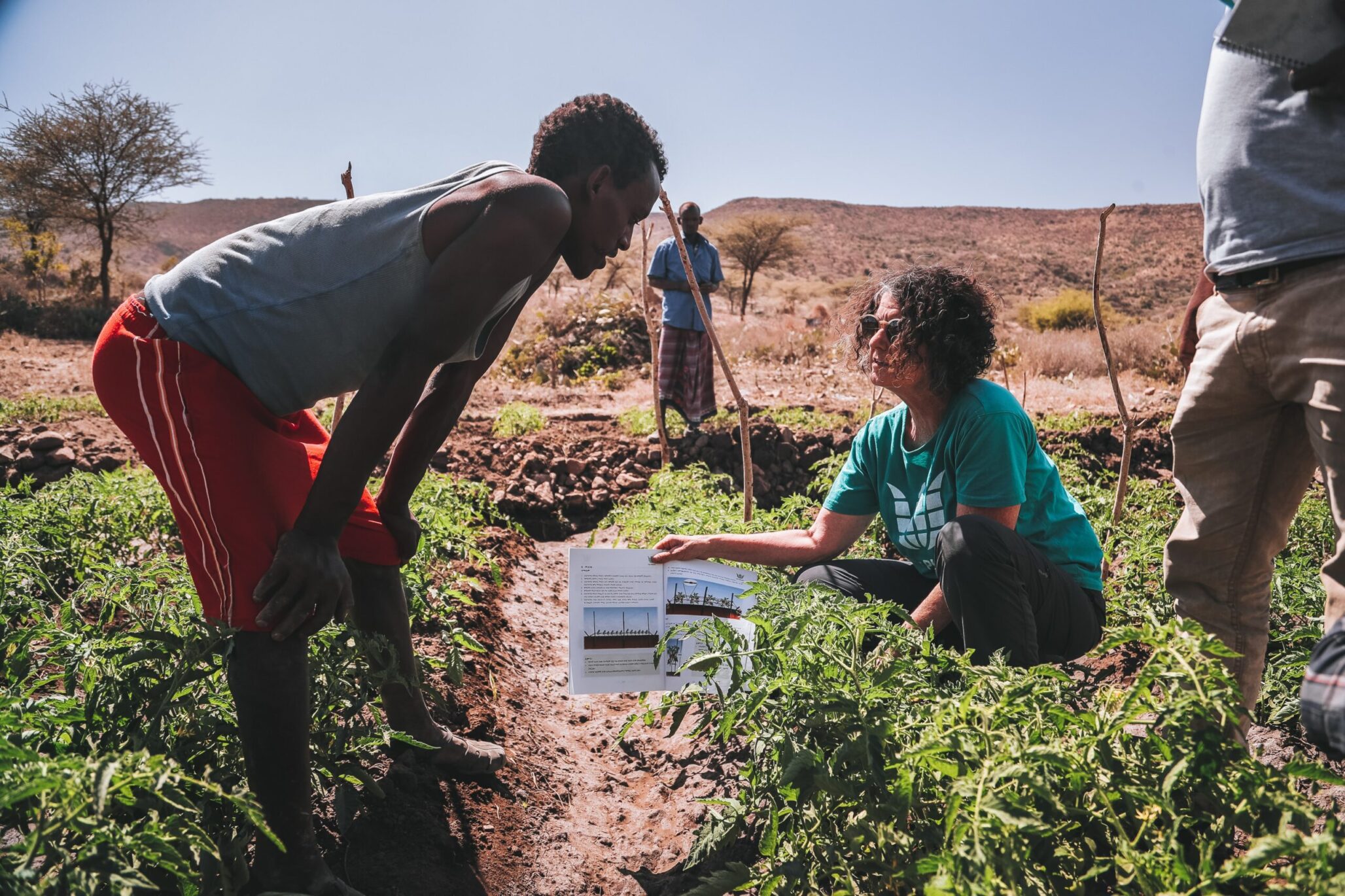A new research project aims to enhance engagement with smallholder farmers in the global south by developing personalized algorithms for agricultural chatbots, addressing current challenges in information accessibility and low user interaction.
Governmental agricultural extension systems, which provide farm and market practice recommendations, often fall short in ensuring all farmers receive adequate guidance. While agriculture chatbots have shown potential for large-scale farmer support, many current chatbots face challenges with low user engagement.
Ryan Shi, assistant professor in the Department of Computer Science and Intelligent Systems Program at the University of Pittsburgh, recently received a Google Academic Research Award to tackle this issue. His project, “Empowering Smallholder Farmers Through Personalized Engagement,” aims to improve outreach to smallholder farmers, particularly in the global south. The project is detailed in a Pitt news release.
Partnering with Digital Green, a global nonprofit, the project will develop algorithms to enhance smallholder farmer engagement through a holistic and personalized approach.
“Digital Green told me that they have built an agricultural chatbot and are trying to improve their engagement with their users, i.e. smallholder farmers,” Shi explained in the release. “I realized that my research area and my previous projects are a good fit to address this challenge, so we came up with this proposal.”
Smallholder farmers, typically operating on farms smaller than 2 hectares, often lack access to timely farming information, leaving them vulnerable to climate and market fluctuations, especially in the global south.
The project will utilize recommender systems, multi-armed bandit algorithms, and large language models to improve chatbot performance. These algorithms will help inform farmers about best practices, market trends, and climate data while answering questions interactively.
“We hope that this project will bridge the information gap for the farmers, so they can make better farming decisions with knowledge that already exists but hasn’t reached them as easily,” Shi said. “We also hope that this work will raise awareness of the challenges faced by smallholder farmers in the global south, a significant population that has been left behind in the fast economic and technology development, without their voices being sufficiently heard.”
By integrating personalized engagement strategies, the project aims to make a meaningful impact on smallholder farmers’ access to critical farming knowledge and decision-making tools.













